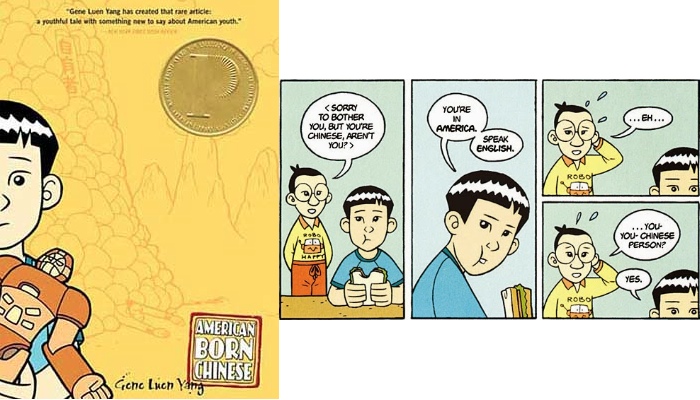Some classes change you.
It’s taken three years, but I’m so fortunate to have taken Professor Kalyan Nadiminti’s History course at Haverford this past semester called the Global Histories of Asian American Labor.
With a total of four enrolled students in the course (five if you count one who audited the class), this class became a tight-knit family as well as a therapy group, as Ann Tran’18 so nicely put it.

L to R: Kevin Liao (HC ’18), Rebecca Cheng (HC ’19), me, Katherine Lee (BMC ’18), Ann Tran (BMC ’18), Professor Nadiminti
As Asian-Americans, we’re often forgotten when talking about people of color. We’re also often forgotten when talking about Asians from Asia. There’s a common thread amongst many Asian American lives, and that is a feeling of being in-between. A feeling of not truly belonging, of feeling stuck in between the motherland you weren’t born in and the land you were born in. It’s about being distinctly other.
We delved into so many topics related to labor from the industrial interracial adoption complex to the narrative of the Asian immigrant as a non-resident worker, as well as the different types of Asian-Americans, like Chinese, Japanese, Korean, Filipino, Indian/South Asian, and Vietnamese. We discussed our own families and some personal anecdotes, cried over the text Coolies and Cane (spoiler alert: Chinese-Americans were slaves, too, at one point), busted the Model Minority Myth, watched an episode of Master of None, and gave input as to which texts we wanted to read: our last text, American Born Chinese, was one that Kevin Liao (HC ’18) suggested on the first day of class.

Master of None

American Born Chinese graphic novel
As a third-generation Chinese-American, my family’s story is different from my friends’ ones where their parents came to America, or where they themselves came here as children. I saw my family’s story not just in the stories about the San Francisco railroad (which is why my great-grandfather came here in the 1800s), but also the ones about Japanese internment, about Korean adoptees, and more.
Throughout this semester, I’ve realized that I’m not alone: others have similar stories and thoughts about being asked, “what are you?” or “where are you from?” I also realized that this is the first time I was in a classroom committed to introspection around my own personal role and where I fit in these global narratives.
There were so many mind-blowing moments this semester where I was just in awe having learned something new that I’d previously had no clue about. I grew closer to friends and gained new ones as we grappled with our identities together, and I’m so grateful to Professor Nadiminti for leading us all through it. As the semester ends, I have more questions than I had at the start of the semester and fewer answers.
